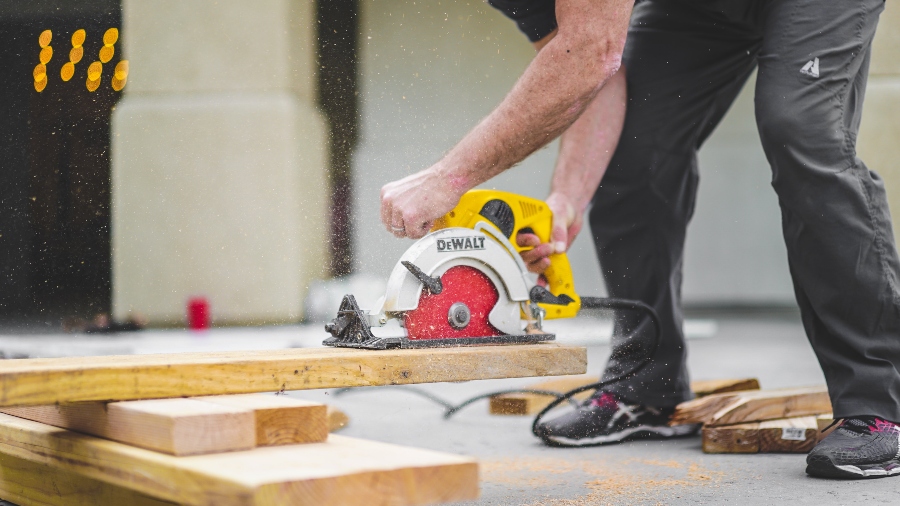Equipment leasing can be an incredibly powerful tool when it’s used correctly, because there are a lot of advantages it brings to the table over traditional purchase financing. Those advantages aren’t needed in every situation, though, and there are almost as many times when equipment would give you a better return if you financed the purchase. The key is knowing when a lease is called for and when it’s time to dig deep and make an investment.
Top Advantages To Leasing
When you lease your equipment, you typically have a lot less up-front money involved than when you’re placing a down payment. There are still fees and a security deposit in most cases, but some financing companies will work with you to fold those either partially or totally into your monthly installments if necessary. Of course, exercising this option when lining up your equipment leasing means taking a higher monthly payment, so you’ll have to do more work before you reach a return on your investment each month.
On the other hand, your leasing company is responsible for delivering the equipment and taking it away when you’re done with it, so that trims expenses. You also have the ability to negotiate the terms on equipment maintenance and replacement parts up front, so it’s easier to plan for contingencies. On top of that, your lease is a cost of business and not a depreciating asset investment, so it can be a benefit to your tax situation.
Last but not least, don’t forget that leasing can be short-term or long-term, so if you’re planning for a short operating life before upgrading, it can be the less expensive option overall, in addition to all its other benefits. It’s also great when you know you need a machine for a single project and only that project.
So When Is It Best To Invest in a Purchase?
Buying equipment works out best when a few factors come together at once. Since your financing costs are directly affected by how long you need to pay down a loan, how much you are borrowing, and what kind of equity you start with from your down purchase, equipment financing winds up being the better choice when you can afford a generous down payment. A large enough down payment can even offset other factors that lead to capital becoming more costly, like credit rating.
You also want to be sure your investment will last long enough to make it to the real ROI that happens when you’re not making payments, you’re just maintaining a machine you own. It will probably become profitable before that, but you still want to be able to enjoy that lower cost plateau if you’re putting out a portion of your cash reserves to finance instead of opting for equipment leasing.

